Our Team
-
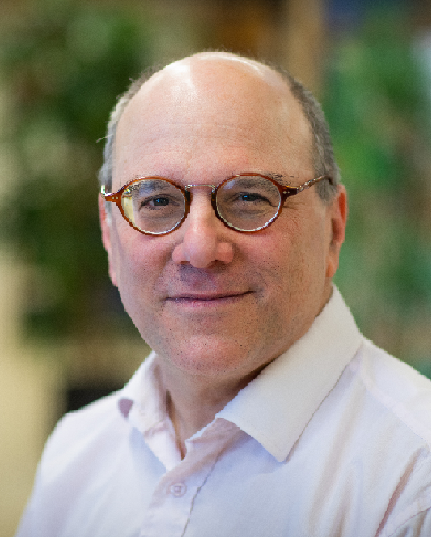
Jonathan Silk
, the PI of the Open Philology project, is Professor in the study of Buddhism at Leiden University (since 2007). He received his PhD at the University of Michigan in 1994. His research chiefly concentrates on Indian Mahāyāna Buddhist literature. He is a member of the Royal Netherlands Academy of Arts and Sciences, co-Editor-in-chief of the Indo-Iranian Journal, and founding general editor of Brill’s Encyclopedia of Buddhism. He is the author of a number of books and articles, among which more recently is Materials Toward the Study of Vasubandhu’s Viṁśikā (I): Sanskrit and Tibetan Critical Editions of the Verses and Autocommentary; An English Translation and Annotations (2016). A list of his publications with PDF access to most can be found here.
-
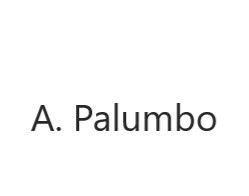
Antonello Palumbo
is a historian of religions focusing on China, and with a particular interest in Buddhism as a pan-Asian culture in Late Antiquity. He holds a PhD in East Asian Studies from the Istituto Universitario Orientale, Naples, with further studies in China (Peking University) and Japan (Kyoto University). Until 2020 he was Senior Lecturer in the Religions of China at the School of Oriental and African Studies, University of London. A list of his publications can be found here.
-

Péter-Dániel Szántó
started his studies at ELTE Budapest (Diploma in Tibetan Studies and Indology). He wrote his doctoral thesis under the supervision of Alexis Sanderson in Oxford (defended in 2012). Since then he has been a Junior Research Fellow at Merton College Oxford, a Nachwuchsinitiative stipendiant at Hamburg University, and a Post-Doctoral Research Fellow at All Souls College Oxford. His primary area of expertise is the literature and history of Indian Esoteric Buddhism. A list of his publications with PDF access to most can be found here.
-

Rafal Felbur
is a postdoctoral researcher on the Open Philology project. He received his PhD from Stanford University in 2018. Trained in Sinology, Chinese Studies, and Religious Studies, he has recently been working on the cultural pre-history of the Chinese Buddhist canon, as well as on the literature produced by Chinese Buddhists in the early period up to the fifth century C.E. In the Open Philology project, Rafal is preparing an edition and study of the *Sūrata-paripṛcchā (text 27 in the MRK), a hitherto largely unstudied sūtra surviving in one Tibetan and three Chinese translations. A list of his publications with PDF access can be found here.
-

Bai Yu
is a PhD candidate for Open Philology. He studied Transcultural Studies in Heidelberg under the guidance of Prof. Michael Radich (MA 2018, with a thesis on a medieval Chinese Christian text), and Tibetan Studies in Hamburg with Prof. Dorji Wangchuk. His research project focuses on the composition of the Mahāratnakūṭa, its compiler Bodhiruci, and their relations with Empress Wu and the Zhou Dynasty.
-
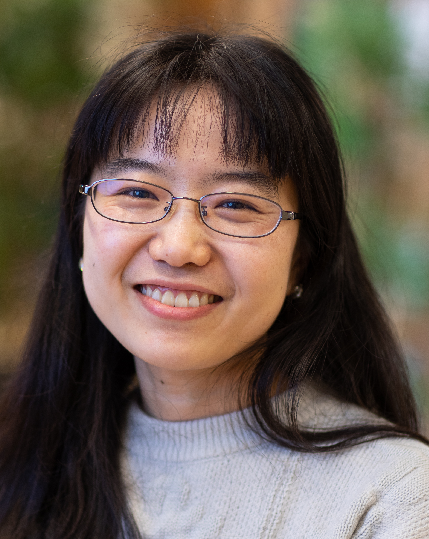
Jiang Yixiu
is a PhD student for Open Philology. She studied Sanskrit and Pāli language at Peking University (BA 2014), followed by an MA at the same university (2017), with a thesis on Kharoṣṭhī manuscripts unearthed at Niya. A list of her publications with PDF access to most can be found here.
-

Gregory Forgues - Associated scholar
was a postdoctoral researcher on the Open Philology project, and is now Director of Research at the Tsadra Foundation. He received his PhD from The University of Vienna in 2018. Gregory’s research primarily focuses on Buddhist systems of thought from the Mahāyāna and rDzogs chen traditions in relation to their contemplative and ritual application. He is currently studying the Acintyabuddhaviṣayanirdeśa and the Mahāprātihāryasūtra of the Mahāratnakūṭa collection. Among other methods, he is particularly interested in the promise of text mining. A publication list can be found here.
-
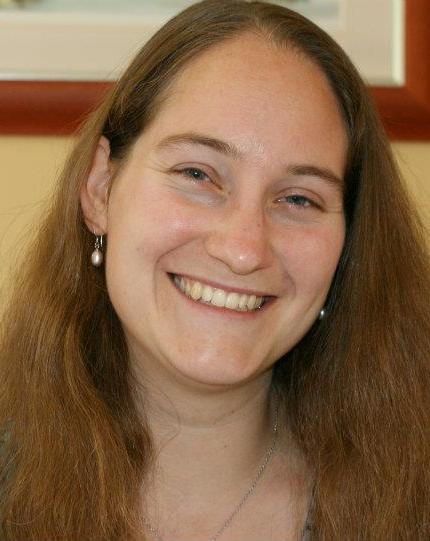
Marieke Meelen - Associated scholar
is the NLP & Digital Humanities consultant for Open Philology. She holds a PhD in Linguistics from Leiden University and is currently a British Academy Postdoctoral Research Fellow and a University Lecturer in Historical Linguistics at the University of Cambridge, UK. She has segmented and POS tagged the Annotated Corpus of Classical Tibetan (ACTib) and is designing and developing the Natural Language Processing tasks for the Open Philology project, including Information Retrieval, Semantic Textual Similarity, NER and Machine Translation. Her research interests include historical linguistics, comparative syntax and NLP/ Digital Humanities. She has worked on Celtic, Germanic and Tibeto-Burman languages in particular.
-

Paul Vierthaler - Associated scholar
is a developer and digital humanities expert consulting for the project on NLP and bibliographic tasks. He is an assistant professor of Chinese Studies at the College of William & Mary in the United States. He holds a PhD in East Asian Languages and Literatures from Yale University and held postdoctoral fellowships at Harvard University and Boston College. From 2016 to 2019 he was an assistant professor of digital humanities at Leiden University. His research on late imperial Chinese literature and book history uses a variety of methodologies old and new, from close reading to machine learning.
-
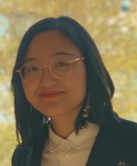
Zhang Meiqiao - Associated scholar
received her PhD in 2022 from the International College for Postgraduate Buddhist Studies in Tokyo, Japan, with a dissertation on the transmission and transformation of the
*Mahāprajñāpāramitāsūtra 大般若波羅蜜多經. She is currently a postdoctoral researcher at Zhejiang University in Hangzhou, China. Her research concentrates chiefly on manuscript and ancient woodblock editions of the Chinese Buddhist literature. Her research interests include the history of Buddhism in Medieval China, Chinese Buddhist canons, and the cultural history of communication between China and her neighbors. Meiqiao consults with Open Philology on the manuscript fragments of Mahāratnakūṭa texts found in Dunhuang and in Japanese temple library collections. -

Anne Baks
is the web content editor for the Open Philology project. She completed her BA Chinastudies at Leiden University in 2019 and then completed her MA East Asian Studies at Leiden University, specializing in Chinese, in 2022. If you found a bug or if you have a suggestion for improving the site, please contact me
-

Christopher Handy - Former Member
was the principal software engineer for Open Philology. He holds a PhD in Religious Studies (concentrating on Buddhism) from McMaster University (2016). He was responsible for creating and maintaining the alignment engine and database for the project. His research focuses on three areas: Buddhist monastic law, historical politeness and computational linguistics. A list of his publications can be found here.